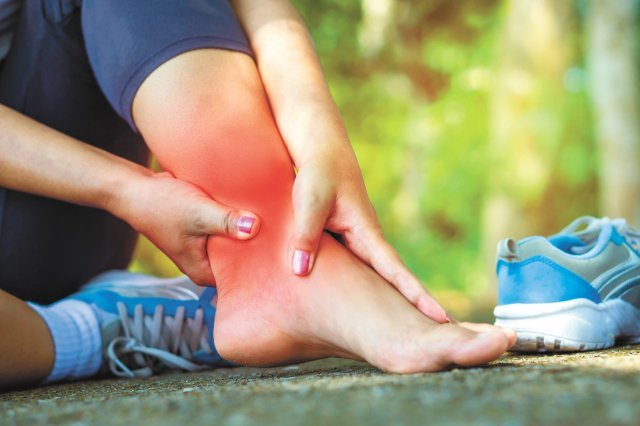Recommand
🚑if you get sick in Korea③부상당했을 때, 응급실
- 공유 링크 만들기
- X
- 이메일
- 기타 앱
🏃♂️ 갑작스러운 부상, 도움을 받아보세요!Embrace Help When Accidents Happen Suddenly!
🔥 TOP LEVEL KOREAN LANGUAGE 🔥

늦은 밤, 마이크는 스트레스를 날려버리기 위해 (nallyeobeorigi wihae) 한강공원을 따라 조깅을 하고 있었다.
Late at night, Mike was jogging along Hangang Park to relieve stress.
어휘 1: 날려버리다 (Nallyeobeorida)
의미: 스트레스나 걱정 등을 완전히 없애버린다는 뜻입니다.
Meaning: To completely get rid of stress or worries.
쌓인 스트레스를 날려버리고 (nallyeobeorigo) 싶어요. / I want to blow away all this stress.
달빛이 강물을 비추고 있었지만, 가로등 불빛은 군데군데 어두웠다. 그 순간—
The moonlight reflected off the river, but streetlights were dim. At that moment—
⚠️ “아악!” 마이크는 움푹 패인 자갈길에 발을 헛디디며 (heotdidimyeo) 중심을 잃고 넘어졌다.
“Aagh!” Mike lost his balance and fell as he stumbled on a gravel path.
어휘 2: 헛디디다 (Heotdidida)
의미: 발을 잘못 딛는 것을 의미합니다. / Meaning: To stumble or step incorrectly.
계단을 오르다가 헛디뎌서 (heotdidyeoseo) 넘어질 뻔했어요. / I almost fell after stumbling on the stairs.
💡 함께 읽으면 좋은 글 (Related Post):
🔗 발목 부상과 관련된 필수 관용구 배워보기 (Essential Idioms for Ankle Injuries)📱 다누리 콜센터에 전화하다Calling the Danuri Call Center
마이크는 재빨리 다누리 콜센터 (☎️ 1577-1366)에 전화를 걸었다.
Mike quickly called the Danuri Call Center (☎️ 1577-1366).
문법 1: -는 것도 힘들어요 (-neun geotdo himdeureoyo)
의미: 어떤 행동을 하는 것이 어렵다. / Meaning: It is difficult to do something.
너무 피곤해서 말하는 것도 힘들어요. / It's difficult even to speak.
💡 유용한 정보 (Useful Info):
🔗 한국의 구급대원 및 응급 서비스 안내 (Emergency Services in Korea)🏥 병원 진료와 통역Hospital Treatment and Interpretation
통역사의 도움으로 마이크는 발목을 접질렀고 (jeopjilleotgo), 현재 욱신거린다 (uksingeorinda)는 사실을 정확히 전달했습니다.
With the interpreter's help, Mike explained he sprained his ankle and it's throbbing.
어휘 3: 접질리다 (Jeopjillida)
의미: 관절이 꺾이거나 비틀림. / Meaning: To sprain or twist a joint.
발목을 접질려서 (jeopjillyeoseo) 병원에 갔어요. / I sprained my ankle and went to the hospital.
📝 연습 문제 (Practice Problems)
1. '발목을 헛디뎠다'와 유사한 상황은? (Similar situation to 'stumbling'?)
(A) 배가 부르다 (B) 돌부리에 걸려 넘어졌다 (C) 친구를 만난다
2. 문장 연결: "한국어를 공부합니다. ___ 드라마를 봅니다."
(A) 그리고 (And) (B) 그래서 (C) 하지만
💡 더 공부하기 (Study More):
🔗 한국에서 아플 때 당황하지 않는 법 (How to handle sickness in Korea)- 공유 링크 만들기
- X
- 이메일
- 기타 앱
Lost in the 2,000+ assets? Go back to the Roadmap.
🚀 BACK TO MASTER HUB
